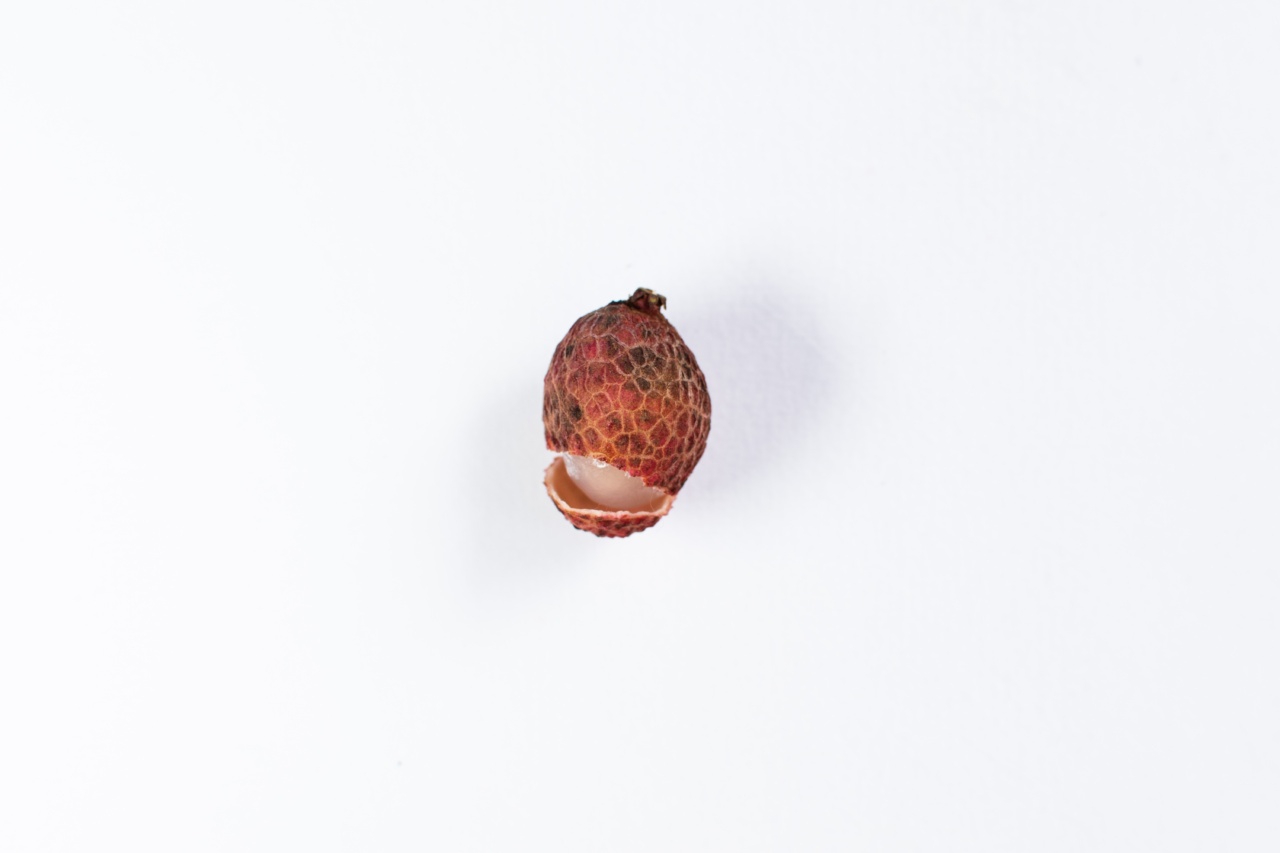Infertility is a condition that affects many couples worldwide, with a significant number of cases caused by problems related to ovulation.
Among the solutions that have been proposed, reproductive technologies and pharmacotherapy have been beneficial in some cases. However, a new approach that may offer more natural benefits has emerged with the use of Maia Protein.
What is Maia Protein?
Maia Protein is a protein extracted from a multi-folded membrane-enriched extract of pig oocytes. It is present in high concentration in the cytoplasm of mammals, and it has been shown to regulate the cytoskeleton rearrangement during fertilization.
This protein plays a critical role in the maturation process of mammalian oocytes and is essential for fertilization. In recent years, researchers have been exploring the use of Maia Protein in fertility treatments with promising results.
Maia Protein and Fertility Treatment
Maia Protein has been shown to improve the fertilization rate in vitro; however, its ability to enhance fertility in vivo is still being studied.
In initial studies, the protein increased the number of grade-A embryos, which implies a higher quality of the embryos obtained. Furthermore, the protein enhances the expression of developmental genes, which can help ensure the successful growth of a developing embryo.
In a treatment called in vitro fertilization, the use of the Maia Protein in the maturation of oocytes was shown to have significant benefits.
In a study carried out in 2020, the protein was added to the maturation medium during in vitro fertilization treatment, and a higher number of mature oocytes compared to the control group were obtained. That study also found the presence of the protein improved oocyte cumulus expansion, an essential process in ovulation and fertilization that occurs in the ovaries.
Maia Protein has also been shown to improve the pregnancy success rate. In a study, 33 women diagnosed with infertility underwent in vitro fertilization treatment, with the Maia Protein added to the maturation medium.
The treatment led to a significant improvement in the rate of pregnancy, with over 70% of participants becoming pregnant and having a successful pregnancy outcome.
Benefits of Maia Protein
Compared to other fertility treatments, the use of Maia Protein offers several benefits. Unlike hormonal stimulation, which involves several risks, Maia Protein is a more natural alternative.
The protein is endogenous, meaning it is already present in the female body, which reduces the risk of adverse reactions. Additionally, its effectiveness at regulating cytoskeleton activity means it is more targeted to the specific area involved in fertility treatments.
Maia Protein can also help couples avoid costly and time-consuming fertility treatments.
The protein can increase the chances of fertilization and improve the quality of the embryo obtained, resulting in successful pregnancies in many cases, without the need for other interventions.
Conclusion
Maia Protein represents a new approach to fertility treatments that has shown promising results. Its use in improving the quality of embryos, fertilization rates, and pregnancy outcomes highlights its beneficial effects.
As more research is conducted, it is likely that the protein will become more commonly used in fertility treatments and will offer couples a more natural and effective way to conceive.






























